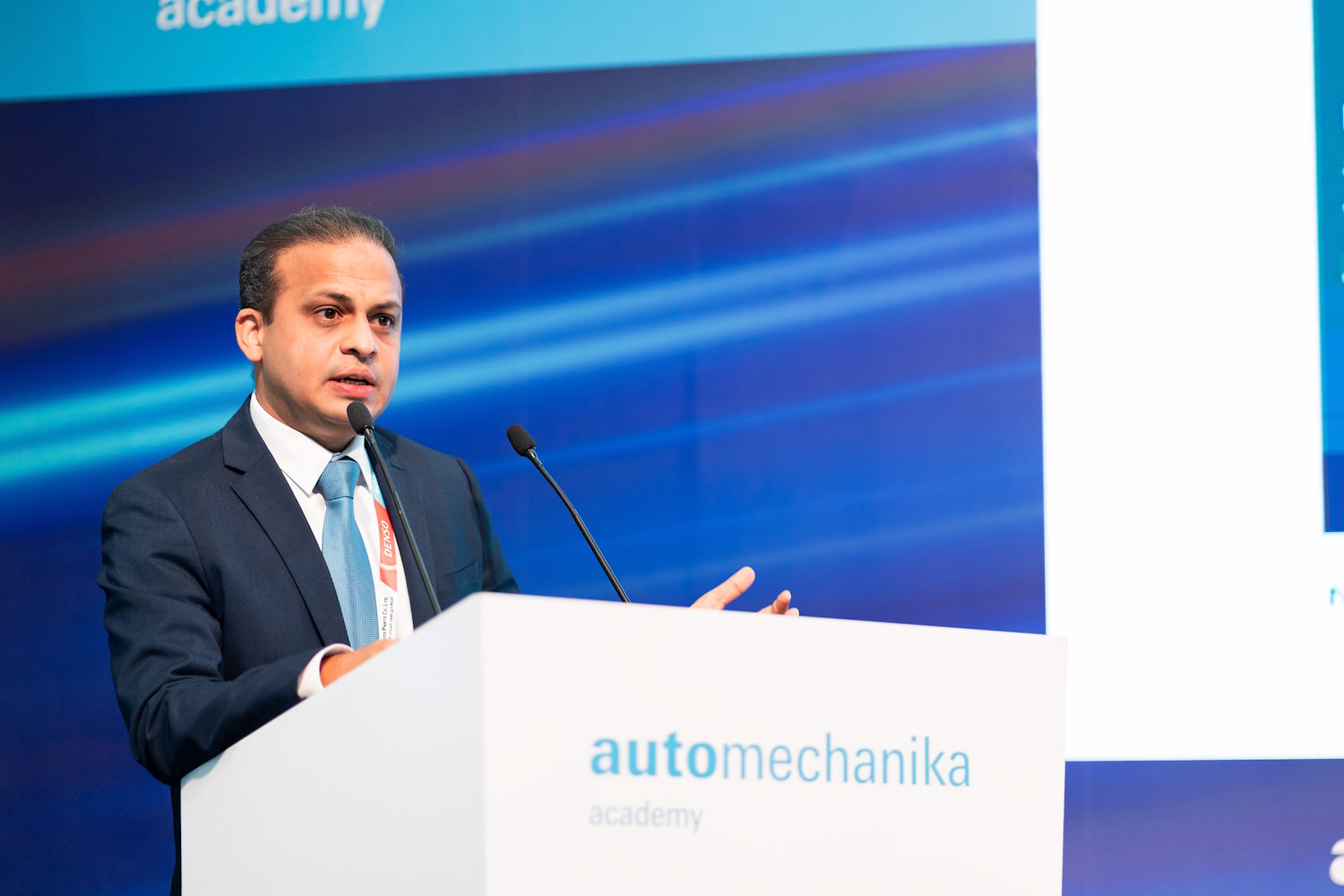
Autonomous technology and EVs to reshape transportation in Saudi Arabia
Industry experts at Automechanika Riyadh, Saudi Arabia’s leading trade show for the automotive aftermarket, have outlined the opportunities and challenges facing the mobility industry. The mobility industry refers to automotive and all other sectors providing vehicles and infrastructure for transportation in Saudi Arabia by identifying critical areas for growth and innovation as the Kingdom advances its transportation sector.
Speaking during a session titled Mapping the Course: Strategies for Growth and Innovation in KSA’s Mobility Industry, Frost & Sullivan’s Aadil Rashid Khan, Principal Consultant, Advisory Mobility—Middle East and Africa, outlined the role of emerging technologies, sustainability demands, market trends, disruptions, and strategies for tackling growth challenges.
“Emerging technologies, including autonomous vehicles and electric mobility, are poised to dramatically reshape transportation in Saudi Arabia,” said Khan.
“Autonomous technologies are expected to reduce accident rates and promote preventive maintenance, while electric vehicles (EVs) promise greater connectivity and data monetisation opportunities. These technologies will necessitate advanced traffic and charging infrastructures, fostering new business models and service innovations,” he added.
Other key trends highlighted during the session included an ageing vehicle fleet, intensifying competition, and an increasing presence of aftermarket brands offering high-quality alternatives to genuine parts. However, the digitalisation of the value chain is unlocking new business opportunities, from vehicle sales to service planning, with enhanced connectivity and data generation facilitating innovative in-vehicle sales strategies.
The importance of a collaborative approach with a clear industry vision and roadmap was underscored, which will, in turn, drive innovation and sustainable growth. This includes actionable stakeholder analysis, realistic target setting for giga projects, and increased government support for creating knowledge hubs and tech centres. Boosting foreign direct investment in technology for Tier-II and Tier-III suppliers is also likely to enhance local manufacturing capabilities.
Saudi Arabia’s response to the global focus on sustainability was also highlighted. The country’s mobility sector is adapting through the growth of Hybrid Electric Vehicles (HEVs) and Battery Electric Vehicles (BEVs), reducing carbon emissions. The digitalisation of distribution networks and an increased focus on the circular economy are pivotal, promoting the reuse and recycling of parts and raw materials while optimising the supply chain.
Bilal Al Barmawi, CEO and Founder of 1st Arabia Trade Shows & Conferences, said: “The industry insights and thought leadership highlighted during the opening day of the Academy are a testament to our ambition to provide a world-class platform for learning and development for the automotive aftersales industry in KSA. It also provides international visitors with the opportunity to understand the market in the region better and maximise business opportunities.”
Aly Hefny, Show Manager, Automechanika Riyadh, Messe Frankfurt Middle East, highlighted: “This fascinating research provides an interesting outlook on the automotive aftermarket in Saudi Arabia, underscoring the importance of new technologies, the utilisation of the latest innovations and the growth of EVs as the market continues to flourish.”
Automechanika Riyadh concludes on Thursday, 2 May, at 10pm



























